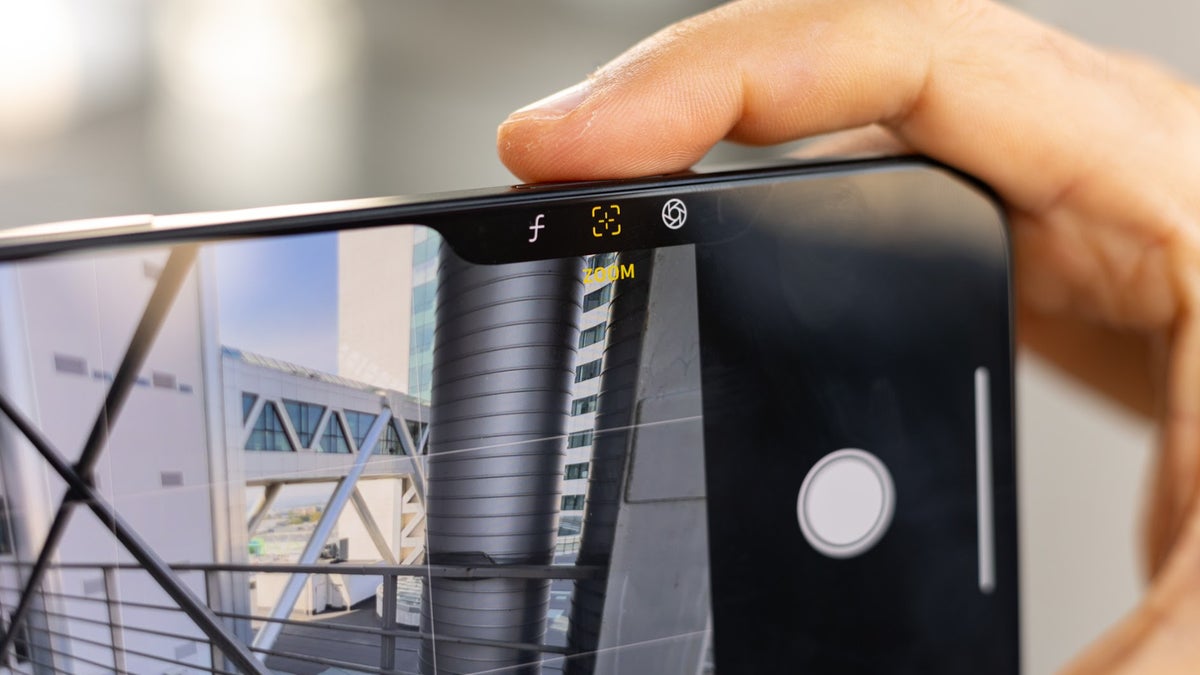The iPhone, once a titan of mobile photography, has increasingly fallen short in recent years, especially when compared to other flagship smartphones. 
With camera specs like sensor sizes, megapixel counts, and lenses often driving modern smartphone marketing, Apple’s iconic device has struggled to keep up. The iPhone used to lead the pack, but now it’s become disappointing in one of its most essential features: photography.
At the heart of this decline is Apple’s AI technology, often referred to as Apple Intelligence. While software enhancements are a standard tool in the smartphone industry for improving photo quality, Apple’s implementation has caused more harm than good. Users have reported that the AI frequently “enhances” photos to the point where it distorts fine details, like turning text into gibberish. In some cases, it works well, but more often than not, it ruins perfectly good shots. As one user put it, it’s like we’re now “estimating reality.”
This issue is likely rooted in Apple’s AI model not being powerful or comprehensive enough. AI systems that are underdeveloped tend to make inaccurate guesses about what an image should look like, as they lack the necessary data to refine their estimations. If the AI can’t improve text accuracy, it raises the question of whether it should be performing any enhancements at all, or if users should have the option to disable it. With iPhone’s camera hardware being top-notch, there is no need for overzealous software that often detracts from the final image.
Despite having an excellent camera, the iPhone’s AI still falls short, leaving Apple in a bit of a bind. To tackle its AI shortcomings, Apple has been actively seeking help from outside sources, including exploring a potential acquisition of Perplexity AI and reaching out to companies like OpenAI and Anthropic for assistance with Siri. There is also speculation that Apple may eventually bring Google’s flagship Gemini AI model to iOS, which could improve its photographic capabilities.
The ongoing issue of poor post-processing is just another example of Apple’s recent software missteps. Although the company is more recognized for its software than hardware, it’s struggling to prove itself in this area. As Apple continues to face challenges with its AI, it’s clear that there’s still much work to be done to restore the iPhone’s photographic reputation.
1 comment
Why even bother with AI processing when I can do it better myself? I prefer control over the final image. Guess I’ll keep using my D-SLR for serious stuff